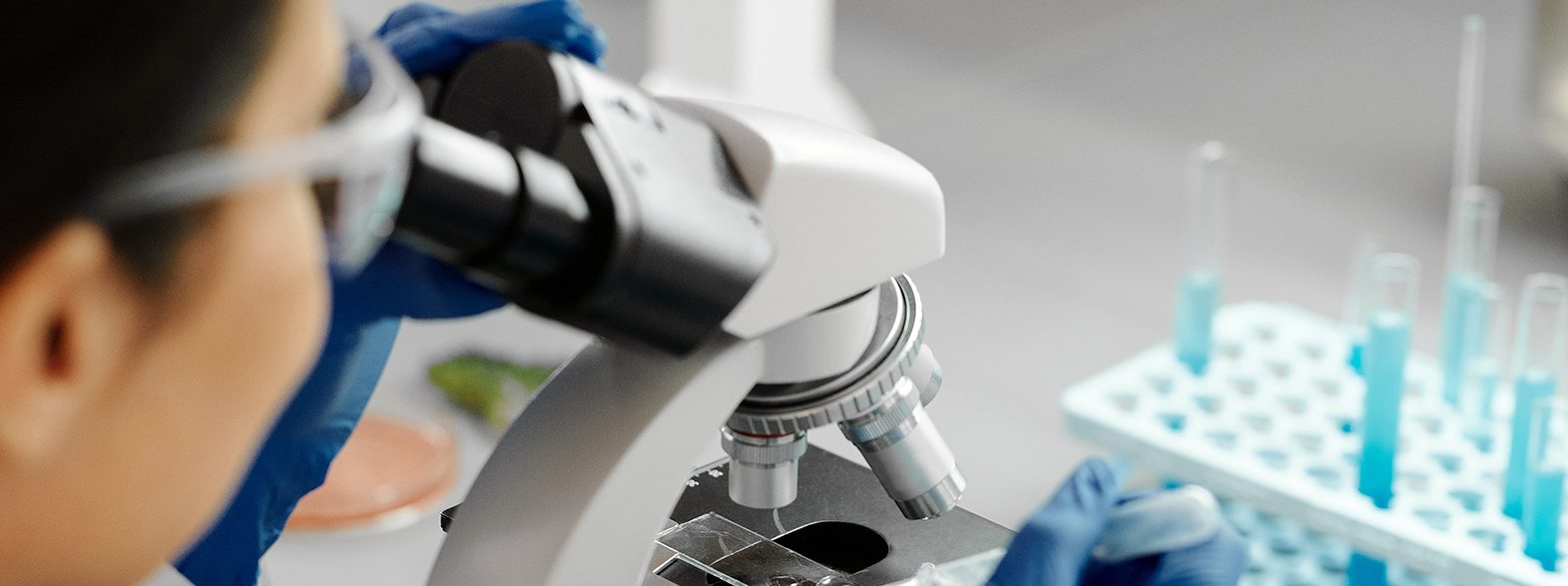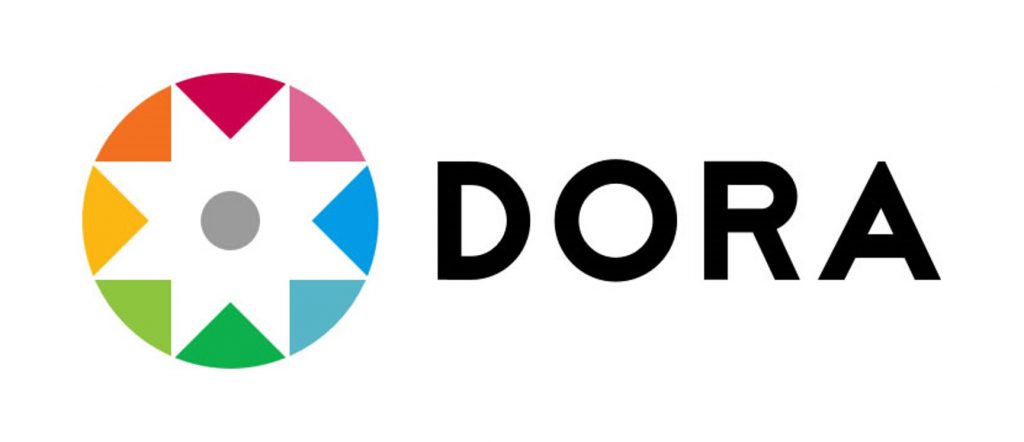Scientific integrity and research assessment

Scientific integrity at the IPGP
People working at the IPGP, whether on contract or on a permanent basis, can contact the Institute’s Scientific Integrity Officer (RIS) for any questions relating to scientific integrity and any allegations of alleged scientific misconduct. The person making the allegation may request that his/her identity be kept confidential.
- IPGP Scientific Integrity Officer: Julie Carlut
The role of the RIS is in line with the recommendations of the French Office for Research Integrity (OFIS) and the European Code of Conduct for Research Integrity (ALLEA):
- to promote the implementation of a scientific integrity policy at the IPGP.
- to be the first point of contact for information and advice on scientific integrity.
- to receive allegations of scientific misconduct and provide support to those involved.
- for all situations of alleged scientific misconduct reported: inform the persons involved, gather information on the facts, set up mediation or a procedure adapted to each situation and issue an opinion to the IPGP Director.
- to participate in the National Network of Scientific Integrity Officers (RESINT).
Declaration on Research Assessment (DORA)
Developed in 2012 at the annual meeting of the American Society for Cell Biology in San Francisco, the Declaration on Research Assessment (DORA) recognises the need to improve methods of assessing academic research outcomes. It has become a global initiative covering all scholarly disciplines and all key stakeholders, including funders, publishers, professional societies, institutions and researchers.

The signatories support the adoption of the following practices in research assessment:
General Recommendation
Do not use journal-based metrics, such as Journal Impact Factors, as a surrogate measure of the quality of individual research articles, to assess an individual scientist’s contributions, or in hiring, promotion, or funding decisions.
For institutions
Be explicit about the criteria used to reach hiring, tenure, and promotion decisions, clearly highlighting, especially for early-stage investigators, that the scientific content of a paper is much more important than publication metrics or the identity of the journal in which it was published.
For the purposes of research assessment, consider the value and impact of all
research outputs (including datasets and software) in addition to research publications, and consider a broad range of impact measures including qualitative indicators of research impact, such as influence on policy and practice.
For researchers
When involved in committees making decisions about funding, hiring, tenure, or promotion, make assessments based on scientific content rather than publication metrics.
Wherever appropriate, cite primary literature in which observations are first reported rather than reviews in order to give credit where credit is due.
Use a range of article metrics and indicators on personal/supporting statements, as evidence of the impact of individual published articles and other research outputs.
Challenge research assessment practices that rely inappropriately on Journal Impact Factors and promote and teach best practice that focuses on the value and influence of specific research outputs.




